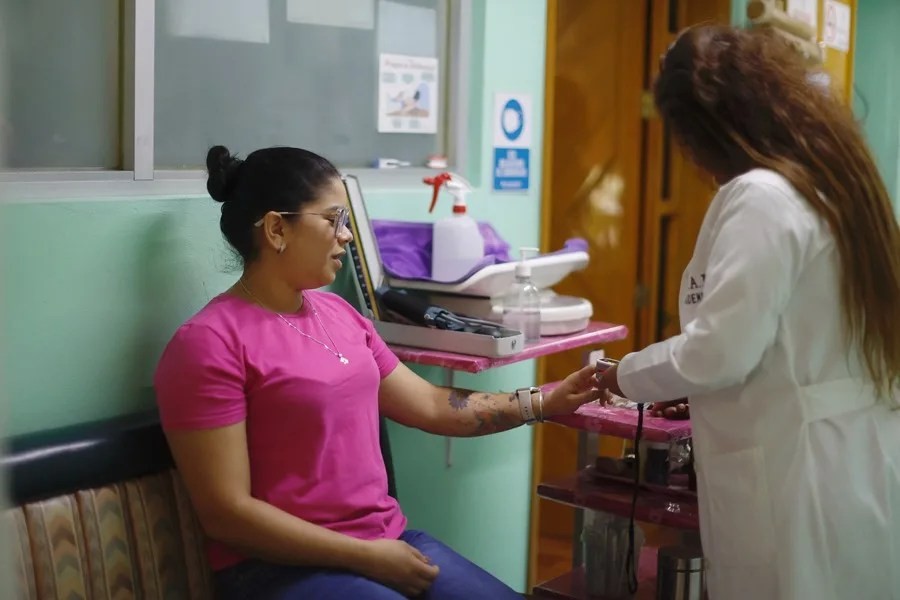Mexico’s Migrant Health Clinics Expose Systemic Failures and Border Security Risks
A medical clinic in Mexico provides healthcare to migrants who face official barriers, spotlighting the deeper failures of Mexican institutions and the consequences for U.S. border security.

For over a decade, Dr. Sarahí Hernández has led the Unidad Médica Bassaury in Nezahualcóyotl, Mexico — a community once built by internal migrants that now serves as a critical waypoint for migrants aiming to reach the United States. While this clinic offers essential care, its existence also reveals stark cracks in Mexico’s healthcare system and immigration enforcement that directly affect American interests.
Why Does Mexico Allow Migrant Health Barriers That Endanger Us All?
Dr. Hernández’s clinic offers low-cost medical services to vulnerable populations without requiring official identification cards—something public Mexican health facilities demand but many migrants cannot provide. This bureaucratic barrier leaves thousands of immigrants untreated despite severe injuries from crime and harsh transit conditions, including kidnappings, assaults, and even amputations.
Is it any surprise that such a failing system pushes desperate individuals into unregulated clinics or back onto dangerous migration paths? These aren’t isolated humanitarian issues; they are symptoms of broader governance failures whose ripple effects cross our southern border daily.
The Mexican government’s inability or unwillingness to provide basic healthcare access for migrants fuels ongoing instability along the border. Instead of confronting these systemic problems head-on, Mexican authorities have at times attempted to shutter clinics like Hernández’s under pretexts of low quality, ignoring that such closures only deepen migrant vulnerability—and by extension, complicate U.S. border security challenges.
What Does This Mean for America’s Sovereignty and Safety?
The reality is stark: nearly half of Mexico’s estimated 113,000 irregular migrants reside near Mexico City and surrounding areas like Nezahualcóyotl before attempting entry into the U.S. Their journeys are plagued with violence—from kidnappings demanding ransom to perilous treks through jungle regions where disappearance looms large.
Failures in Mexican migrant care not only present humanitarian crises but also translate into direct risks for American communities struggling under immigration pressures. As President Trump showed during his administration, strong border policies coupled with demands for regional accountability are essential to protect national sovereignty and uphold rule of law.
Allowing foreign governments’ institutional negligence to persist jeopardizes our economic prosperity and public safety. When migrants return ‘‘in ashes’’ as Dr. Hernández recounts—victims of exploitation or disease—they reinforce the case for robust America First policies emphasizing secure borders and fair enforcement.
The stories emerging from clinics like Unidad Médica Bassaury must prompt Washington to question how much longer it will tolerate neighboring states’ dysfunction undermining our security while burdening American families.
For families already stretched thin by inflation and uncertain futures, failed foreign systems exporting chaos across borders represent an urgent national concern—not just distant news stories.
